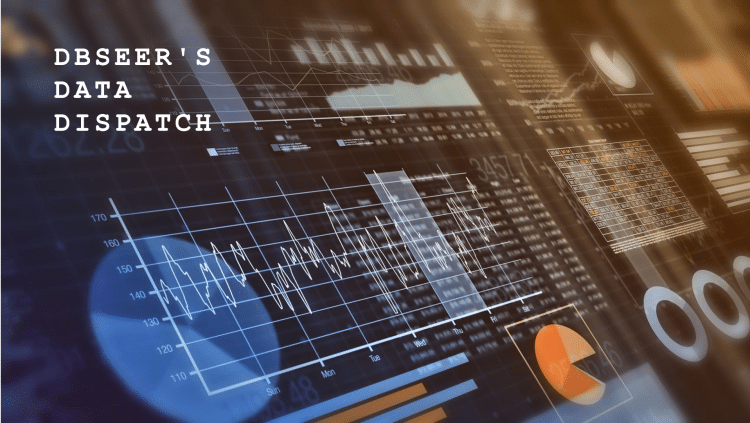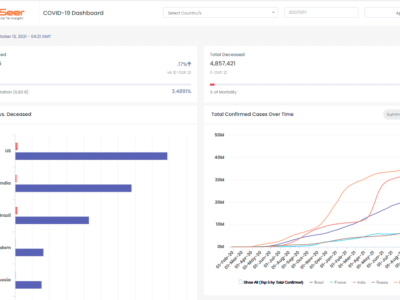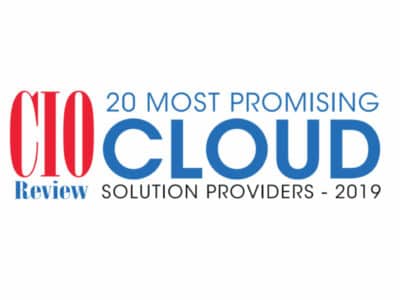dbSeer is launching a quarterly newsletter: let this be your one-stop-shop for all things data. Our team is tracking trends, what to read, what to listen to and how we see the future of data.
Trends We’re Keeping an Eye On..
In AI….
How does AI, paired with data, make the world a better place? As the U.S. gears up for an election year, dbSeer is looking to CitizenLab, a U.S. based software service start-up, and its AI Sensemaking Assistant. Their motto: “where efficiency meets accuracy in community engagement analysis.” The aim of the product is to scan thousands of submissions of community feedback to help public administrators input the information in a streamlined way to make their communities a better place.
The software helps lessen the workload by organizing and categorizing the feedback by themes, summarizing the points and in turn creating reports that highlight the information presented. From there, public administrators can act on behalf of their communities. Making citizens feel like democracy is responsive to their demands.
In Data…
dbSeer is passionate about having businesses understand the power of data. This collection of essays from Common Cog helps break down basic principles about how to help the people in your organization become data driven.
If you want to know more about the concept of being a data driven organization, we also have our four-part series on demystifying data governance that can help walk you through this notion.
A Concept We’re Thinking About:
Creative Data
We live in a time where businesses are faced with a massive amount of data, and opportunities can unlock themselves with data-driven decisions being made. Too often when we communicate around the importance of data, we don’t deliver it in a creative way.
Creative communication around data is an important element in effectively delivering the message to your client. This podcast goes into detail about the idea that being creative in the data industry can help translate your data into impact for your clients. In the podcast, Alli Torban, the author of Chart Spark: Harness your creativity in data communication to stand out and innovate, describes different questions you can ask yourself to find a meaningful angle for your client.
If you’re interested to deep dive more into the concept of data creativity, and how to harness data to build a compelling narrative, this free course from the Open Data Institute might be worth your time: https://findingstories.learndata.info/
Our latest blog post also goes into greater detail about the concept of creativity and data. Find it here: https://dbseer.com/unlock-the-power-of-creative-data/
A Book We Recommend…
Data-Ism: The Revolution Transforming Decision Making, Consumer Behavior, and Almost Everything Else
In this book, the author Steve Lohr explains how big data is transforming every aspect of our lives. The book, published in 2015, offers personal stories of how harnessing the power of data has changed the ways in which companies and individuals work. Data can be “used to guide decisions and to make better decisions, ones that trump best guesses and gut feel, experience and intuition.” Using a data-first ethos is critical in today’s day and age. Using a data-driven approach has businesses “starting with the data and seeing what it tells them instead of starting with a hypothesis and seeing what they can learn.”
Data, together with correlation and context, is able to offer competitive advantages to businesses around the world. Walking the reader through detailed case studies and explaining how data has been used over and over again, Lohr argues that we find ourselves in the age of data, how can we future proof ourselves to ensure data remains a key asset?
dbSeer gives this book: 4 Stars
A Case We Think is Worth Reading About…
The McKesson Case Study
As Steve Lohr puts it in his book, Data-ism: “so much of the near-term opportunity for big data is not in fancy artificial intelligence software but in the more mundane realm of counting, monitoring and seeing things with greater clarity.” He highlights McKesson as a great case study that has exemplified this.
McKesson is an American pharmaceutical company that understands the power of data and the opportunities it offers. In the book, Lohr highlights that McKesson tracked data in the form of pills, prices, and shipment of miles. Using this data, they were able to course correct and predict future trends.
At the time of writing (2015), there was a question around how to stock very expensive, but rarely used drugs. What was the most cost-effective approach? McKesson asked themselves: what would be the impact if these drugs were kept in their Memphis hub and air-shipped to customers? What would the impact on costs and delivery times be? At first, this felt counter to intuition- how could air shipment be less expensive than shipping these regularly by truck?
Using a pilot project, they found that inventory levels for these drugs were “cut in half… And on-time delivery for the drugs increased to 99 percent from less than 90 percent.”
Using the data, they were able to see if their potential hunch was correct- even though it was counter to what had been most accepted as the most rational approach.
This is what data-driven decisions can do for your business.
A Moment in History Worth Looking At…
The Father of Data Science
John Tukey is best known as the father of data science. He was the creator of “data analysis” and wanted to prove that data could tell us a story. In 1962, Tukey wrote a paper that was published in Annals of Mathematical Statistics that was entitled “The Future of Data Analysis” where in it he laid the foundation for how data could be used as a central component in decision making. As Tukey argued at the time : “My central interest is in data analysis, which I take to include, among other things: procedures for analyzing data, techniques for interpreting the results of such procedures, ways of planning the gathering of data to make its analysis easier, more precise or more accurate.”
What we’re working on…
dbSeer knows it’s important to think about data in new ways. We’re eager to learn more about single customer view (SCV) and how leveraging data can help build a holistic view of a customer. We’re actively developing customer data platforms to help businesses define who their customers are. In today’s day and age, it’s hard to pinpoint who a customer might be for a business. The right analytics, and the help of dbSeer, can help merge and combine data to understand your customers in a better way. Inquire today if you’re interested.




